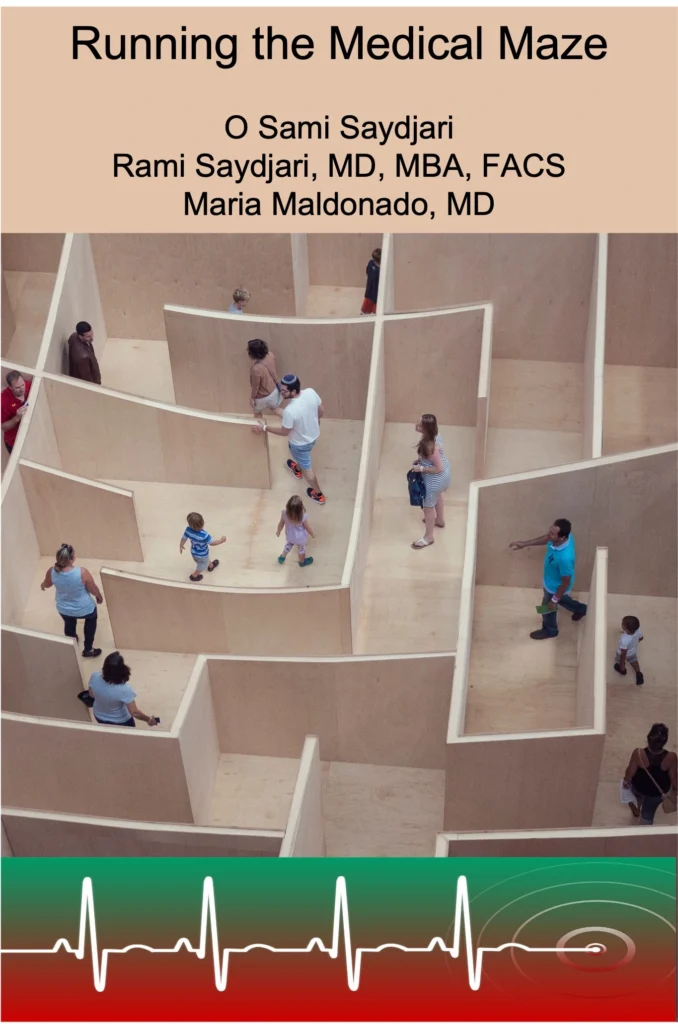
Many factors negatively impact a person’s access to quality healthcare. Such factors include employment status, education, gender, income, and ethnicity. These factors result in a wide disparity in the health status of different social and ethnic groups. As might be expected, the lower the socio-economic status, the higher the risk of poor health. Why we should tolerate this in countries with ample resources is a reflection of who we are as a society.
A 2003 report by the Institute of Medicine’s Committee on Understanding and Eliminating Racial and Ethnic Disparities in Health Care titled, Unequal Treatment: Confronting Racial and Ethnic Disparities in Health Care, examined these issues in detail. It identified systemic racism as a major cause of health disparities in the United States. We have recognized and documented these disparities for decades but policymakers have turned a blind eye. So many disparities have persisted, and, in some cases, worsened over time.
Racial and ethnic differences in health care are known to affect access to and the quality of care. Even after accounting for socioeconomic differences, race and ethnicity remain significant predictors of the quality of health care received by people.
In Unequal Treatment, experts document this evidence and explore how persons of color experience the healthcare environment. The book examines how disparities in treatment arise in healthcare systems and investigates what aspects of the clinical encounter that contribute to these disparities. The book undertakes an analysis of patients’ and providers’ attitudes, expectations, and behavior.
If we as a country are to make any meaningful advances in the care of our citizens we will have to come to terms with the structural and systemic issues that lead to poor health outcomes. In order to do this we have to first acknowledge the source of the biases (intended or not) that serve as a root cause of the problems we face. Until we take an unvarnished look at those biases we will continue to perpetuate the same mistakes.
The famed physician and humanitarian Dr. Paul Farmer observed “There is an enormous difference between seeing people as the victims of innate shortcomings and seeing them as the victims of structural violence. Indeed, it is likely that the struggle for rights is undermined whenever the history of unequal chances, and of oppression, is erased or distorted.”